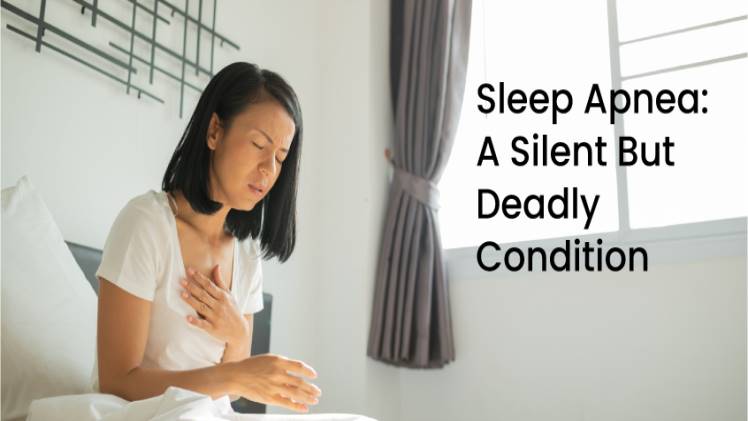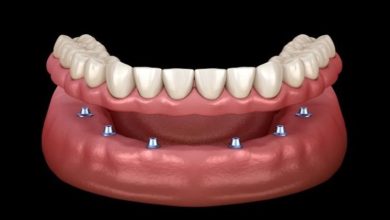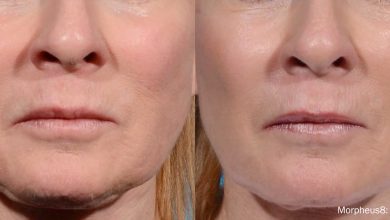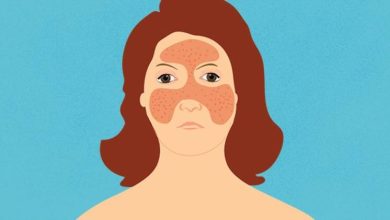Sleep Apnea: The Silent Disorder That Can Take Your Breath Away

Sleep is supposed to be a time of rest and rejuvenation for the body, but it can be anything for those who suffer from sleep apnea. Sleep apnea is a sleep disorder where breathing stops for short periods throughout the night. While many people are unaware they have sleep apnea, it can have serious consequences if left untreated, including heart disease, high blood pressure, and stroke. This article will explore sleep apnea, its causes, symptoms, and the treatment options the dentists at North Cypress offer to better understand and manage this common yet often overlooked condition.
Symptoms
Experiencing loud snoring each night? Do you or someone close to you suffer from pauses in breathing, gasping, and choking during sleep? If so – it could be due to a condition known as Obstructive Sleep Apnea (OSA). Have problems with daytime fatigue, lack of concentration, and even mood swings that may not have an explanation yet? These symptoms may be caused by poor-quality sleep. Don’t take any chances – get evaluated for OSA right away. A consultation with a certified expert can make all the difference when seeking clarity on your sleep patterns.
Risk factors
Be aware of the potential risk factors associated with Obstructive Sleep Apnea (OSA). Obesity, age, gender, and genetics can increase your chances of developing it. To prevent this from happening – or get ahead early if diagnosed – take a look at lifestyle choices such as smoking cigarettes and drinking alcohol that could put further strain on already heightened risks for OSA incidence. Even physical characteristics like having a neck circumference of over 17 inches and certain conditions in your nose may raise red flags about getting OSA down the line. The key is making positive changes now so you feel better later by creating healthy habits starting today.
Treatments
If you have been diagnosed with obstructive sleep apnea, there are treatment options available to help make sure you get a good night’s rest. One of these treatment options is continuous positive airway pressure (CPAP). It requires using a special mask connected to a machine that supplies air into your nose while sleeping to keep your breathing passages open. Depending on the severity of OSA, lifestyle modifications like losing weight or quitting alcohol may be enough – but if not, medications or surgery might also need consideration. A specialist can offer advice to determine which options would best improve your health and quality of life.
Prevention
You have the power to protect yourself against OSA by embracing healthy habits. Eating nutritiously and exercising regularly are great ways of taking charge since they build stamina, boost immunity and help maintain a balanced weight. To top it all off, giving up smoking or alcohol brings an extra layer of protection as these substances can damage airway tissue that could otherwise lead to developing OSA.
If you suspect you have sleep apnea, talk to your healthcare provider, The Dentists at North Cypress, to get a treatment plan.





